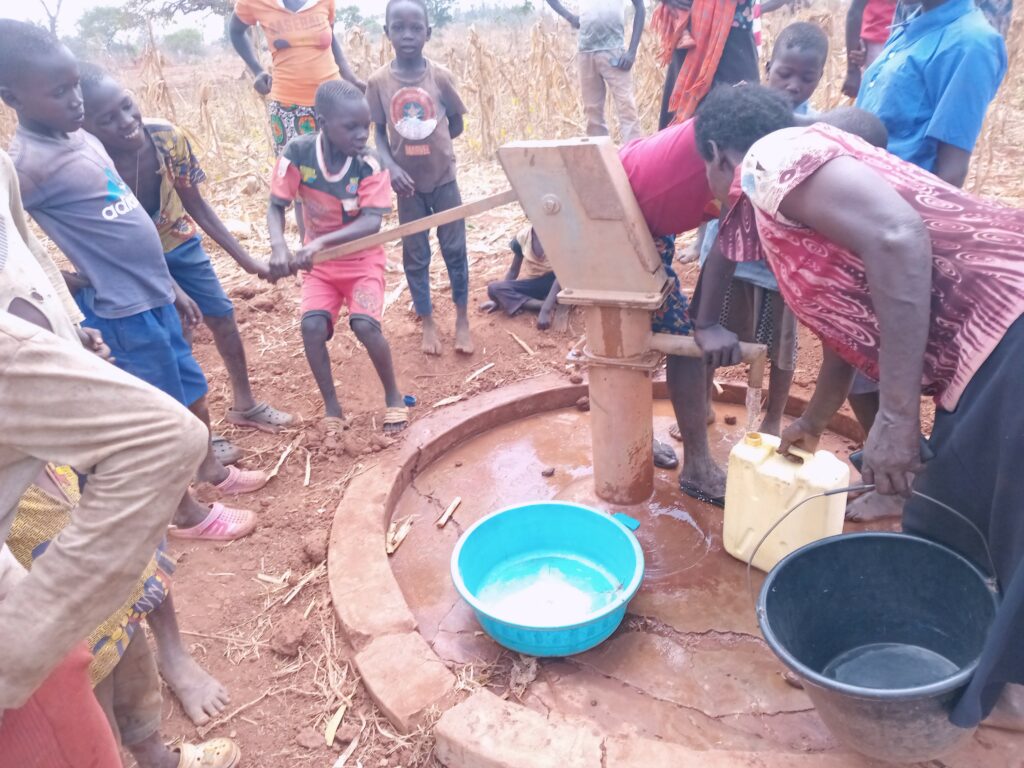
 Shine FM
Shine FM

 Shine FM
Shine FM
30 September 2025, 11:15 pm

By Eman yonah oruk
Gender-based violence (GBV) continues to plague communities in Oyam District, with recent reports highlighting a troubling surge in domestic abuse, adolescent pregnancies, and systemic vulnerabilities among women and girls.
In Acwara Tera Village, Oyam South Constituency, a severe water shortage has triggered a wave of domestic violence. Women, often tasked with fetching water, face long treks and overcrowded boreholes, sparking household tensions and public disputes. Over a two-month period, the village recorded 34 cases of domestic violence, prompting urgent intervention from local leaders. Aspiring Member of Parliament Patrick Ogwang Obura has spearheaded efforts to repair boreholes and restore access to clean water, aiming to reduce conflict and protect vulnerable residents.
Meanwhile, adolescent girls in Oyam face a different crisis. According to recent data, 28.5 per cent of girls become pregnant before the age of 19, often resulting in forced marriages, school dropouts, and increased exposure to GBV. One such case involves a 17-year-old girl, Irene (name changed), who shared her experience of harassment and the support she received through CUAMM, an organisation working across 11 counties in Oyam. CUAMM provides medical care, legal aid, and community outreach to combat GBV and promote adolescent health.
In a broader effort to address these challenges, the Ministry of Gender, Labour and Social Development has launched the Spotlight Initiative, a $38 million programme targeting high-risk districts like Oyam. Funded by the European Union, UN agencies, and the Netherlands Embassy, the initiative aims to enhance safety for women and girls, strengthen legal frameworks, and offer vocational training to reduce economic vulnerability. The programme is expected to reach over three million adolescent girls nationwide.
As Oyam grapples with these intersecting crises, community leaders, NGOs, and government agencies are calling for sustained investment in infrastructure, education, and legal protection to stem the tide of gender-based violence.